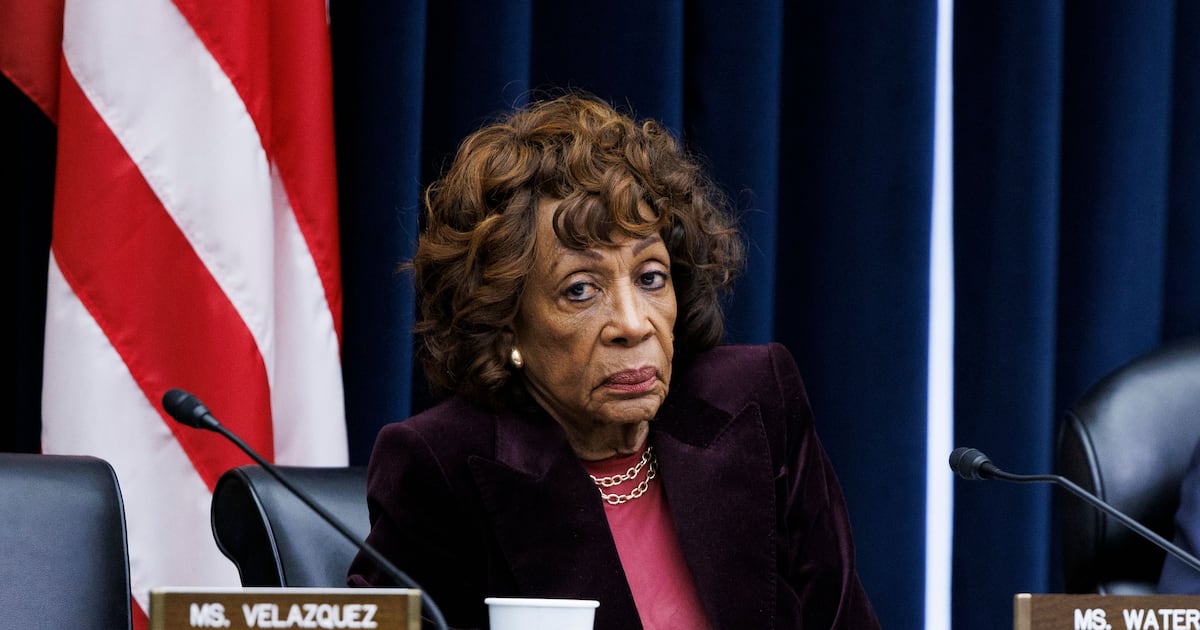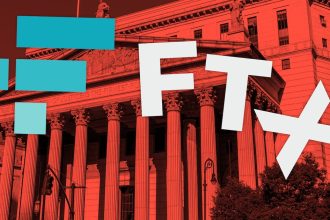Democrats Launch Counter-Campaign to ‘Crypto Week’ Amid Bipartisan Concerns
House Democrats have counterattacked the “Crypto Week” led by Republicans, accusing the GOP leadership of enabling corruption and reducing financial regulations in support of President Trump’s overall cryptocurrency agenda.
‘Anti-Crypto Corruption Week’
Representatives Maxine Waters and Stephen Lynch announced “Anti-Crypto Corruption Week” on Friday, formally pledging opposition to three cryptocurrency-related bills poised for House votes next week—the Clarity Act, the Genius Act, and the Anti-CBDC Surveillance State Act.
Democratic Accusations Target Bills
Democrats argue the proposed legislation lacks crucial consumer protections, creates vulnerabilities for decentralised finance (DeFi), and risks legitimizing aspects of the President’s cryptocurrency activities.
Critics Vex Trump Family Ties and Potential Scams
According to Representative Maxine Waters, the bills could make Congress complicit in what she describes as a “scam” enriching not just President Trump, but his family and“billionaire insiders in his cabinet.” Lynch’s office echoed these fears by stating the measures would threaten America’s financial system with national security issues and foreign meddling.
Their critique specifically highlights potential favorable treatment under these acts for ventures associated with President Trump, including TRUMP memecoin, World Liberty Financial, and American Bitcoin—an industrial-scale mining company co-founded by Eric and Donald Trump Jr.
Senate Hearing Context
This pushback follows heightened tensions during a Senate hearing on Wednesday, where Democratic senators voiced significant alarm over provisions linked to tokenisation and DeFi.
Senator Elizabeth Warren worried the Clarity Act, if passed, could enable tech giants like Tesla or Meta to bypass SEC oversight by migrating regulated assets onto blockchain technology.
Defense of the bills came from Senator Tim Scott, a key Republican involved in Senate market structure efforts, who described them as offering necessary “light-touch guardrails” to support financial innovation.
Cross-Party Skepticism Resonates
Critics from across the aisle expressed deep reservations. Senator John Kennedy depicted the bipartisan proposals not as carefully drafted regulations, but as seemingly haphazard or compromised: “We let the last generation of tech draft its own rules… What we got looks like someone knocked over a urine sample.”












